Democracy explained in terms of the people
Updated: 2015-06-02 07:47
By M.d. Nalapat(China Daily USA)
|
||||||||
For some political scientists, "democracy" means the right to vote in elections held every four, five years or six years. Perhaps countries such as Sweden and Switzerland practice a good form of democracy. But in the world's two largest democracies, the United States and India, contesting an election is a highly expensive affair. In a majority of cases, a candidate has to spend millions of dollars to have any chance of success.
In India, many candidates cross the legal limit for total campaign expenditure in a single day. And even in elections to city councils, a serious candidate usually has to spend several hundred thousand dollars.
What this means in practice is, people without access to huge amounts of money have almost zero chance of getting elected. In other words, more than 99.5 percent of the population don't have even the remotest chance of winning an election, simply because they don't have access to big money.
In the US, the Supreme Court has ruled that billionaires and multimillionaires have the right to spend their money to promote candidates who can further their interests and oppose those who seek equal treatment for the rich and poor. The Supreme Court, in other words, has given big money the legal right to influence elections, because that is what "democracy" is all about.
How can a candidate with no money compete for votes with a candidate with millions of dollars to burn in his/her quest to "represent the people"? How many of the US Congress members are not millionaires? Perhaps not even one. Does that mean all American citizens are millionaires just because those who "represent" them are?
The Indian province of Maharashtra has a constituency where most people are very poor. Yet the politician who represents them is a billionaire who uses his political clout to help himself and his friends accumulate more wealth, instead of fulfilling his duty of improving the lives of the poor who voted him to power.
This is a common phenomenon in India. The question is: Can a billionaire or multimillionaire truly represent a constituency that is desperately poor? And why even after more than six decades of democracy, India is home to the largest number of hungry people in the world?
The ballot is only a means toward a better life for voters. And if a better life still eludes them, it means the system is not working the way it should. Food, shelter, education and healthcare form the core of citizens' rights, and a country that cannot guarantee them is obviously suffering from a "democracy deficit".
Democracy has to be defined not only in terms of the right to vote in, say, five years but also in terms of people's everyday life and livelihood. Freedom is not merely the freedom to vote (which the majority of people do not exercise despite having the right to do so in quite a few countries) but also the freedom from hunger, illness, unemployment and illiteracy. In some countries, less than 50 percent of the eligible voters actually vote, and in constituencies with several strong candidates, a candidate can win an election by getting even less than 25 percent of the total votes. What about the choice of 75 percent of the voters?
Freedom of choice is important to human progress, but that should include freedoms other than just the right to vote. Democracy means people enjoying all citizens' rights on all days before and after the election, not just on the day of the election.
Therefore, countries not practicing Western-style democracy but doing everything in their power to improve the lives of their people should not be criticized.
The author is vice-chair of the Manipal Advanced Research Group and UNESCO peace chair.
(China Daily USA 06/02/2015 page12)
- Bridging rural-urban gap in education from start
- Overseas study consultancy offers scholarships to top 5 US universities
- China trying to reach 13 people near MERS patient
- Gaokao countdown begins with incense and prayers
- Children's Day celebrated across China
- Ballet dancers perform at Zhalong National Nature Reserve in China's Qiqihar
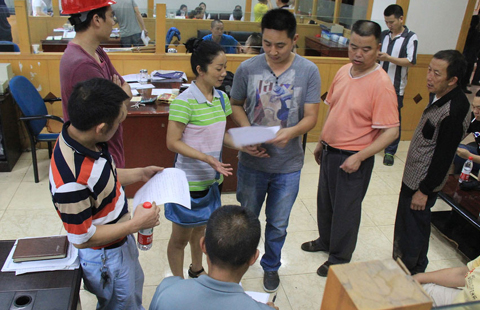
 Anxious wait for family members of passengers on capsized ship
Anxious wait for family members of passengers on capsized ship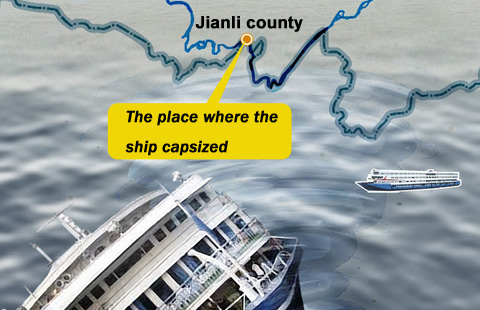
 Key facts in the 12 hours after ship capsizes in Yangtze River
Key facts in the 12 hours after ship capsizes in Yangtze River
 Massive operation launched to rescue ship passengers
Massive operation launched to rescue ship passengers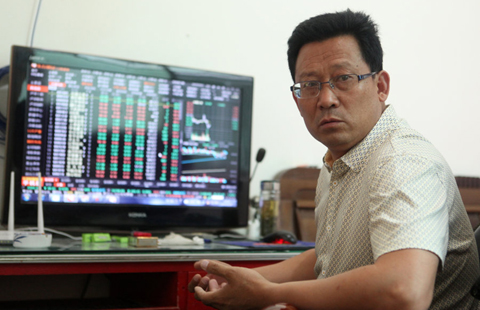
 Farmers bet on the bull market
Farmers bet on the bull market
 Top 10 largest banks in the world
Top 10 largest banks in the world
 Ten injured in crane accident in Manhattan
Ten injured in crane accident in Manhattan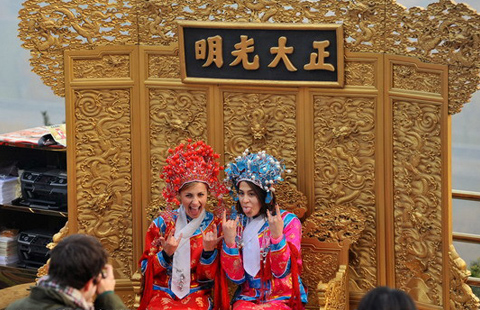
 Forum trends: Becoming 'a little more Chinese'
Forum trends: Becoming 'a little more Chinese'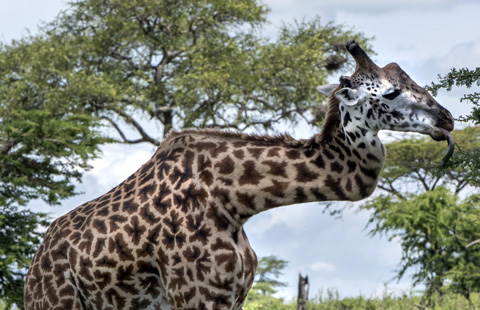
 Giraffe survives for five years with zig-zag neck
Giraffe survives for five years with zig-zag neck
Most Viewed
Editor's Picks

|

|

|

|

|

|
Today's Top News
Ship carrying 458 people sinks in Yangtze River
Win-win solution is US should seek in Aisa
Woman behind Silicon Valley sex bias suit appealing verdict
Defense hawk Senator Lindsey Graham launches presidential bid
Chinese soldier
gets UN award
Nation's astronauts eager for foreign missions
China committed to upholding peace, stability in South China Sea
Li's trip a watershed in China-Latin America ties
US Weekly

|

|